Election 2020: The November 20th Debate
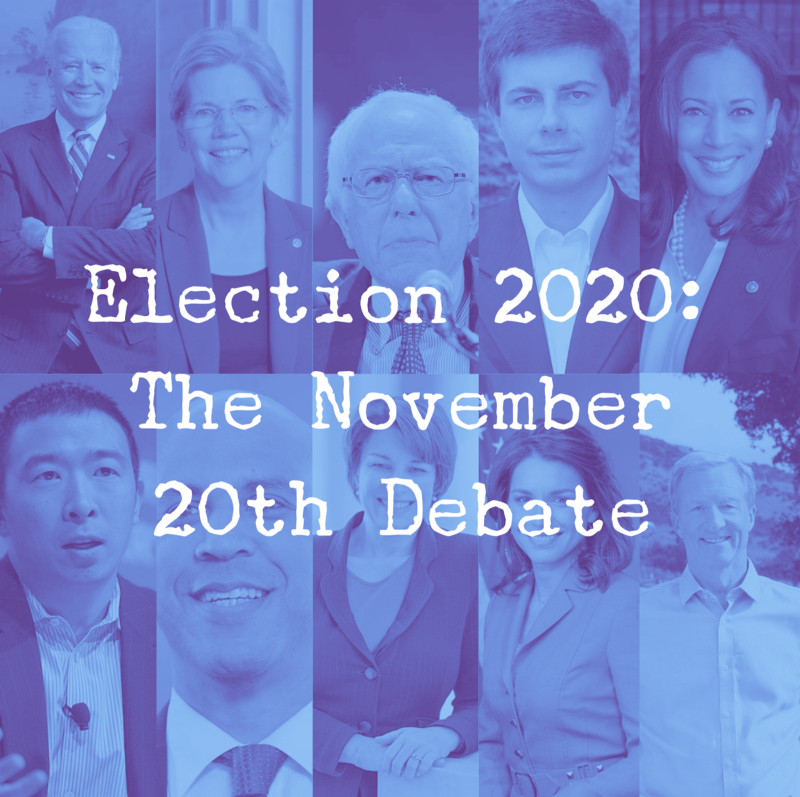
Previous Debates: June 26 | June 27 | July 30 | July 31 | September 12 | October 15th
Update 12/16/19: Corrected typo on Pete Buttigieg’s HBCU plan. It was $50 billion dollars, not $50.
With barely three months to go until the Iowa Caucus, the Democratic Primary field has been in flux. Since the October debate, former Texas representative Beto O’Rourke and former Ohio representative Tim Ryan both dropped out of the race while former Massachusetts governor Deval Patrick declared his candidacy. On the heels of former nominee Hillary Clinton’s criticism, Hawaii Congresswoman Tulsi Gabbard once again qualified for the debate. The House of Representatives officially voted for an impeachment inquiry into President Donald Trump’s dealings with his Ukrainian counterpart, leading to public hearings that began last week. And, to top it all off, former President Barack Obama urged Democrats to avoid moving too far left, prompting responses from several candidates.
Tonight is the November debate. Similar to October, the event will be a single night with the ten candidates who qualified. To qualify for this debate, candidates had to reach three percent support in four separate polls — or five percent in at least two polls from the first four primary states of Iowa, New Hampshire, South Carolina, and Nevada (repeats are allowed). They also had to meet a grassroots fundraising threshold of 165,000 people (with a floor of 600 unique donors) in at least 20 states.
The following candidate list is for the November 20th debate. All poll numbers are from RealClearPolitics as of Sunday, November 17, 2019.
Joe Biden (27.0%)
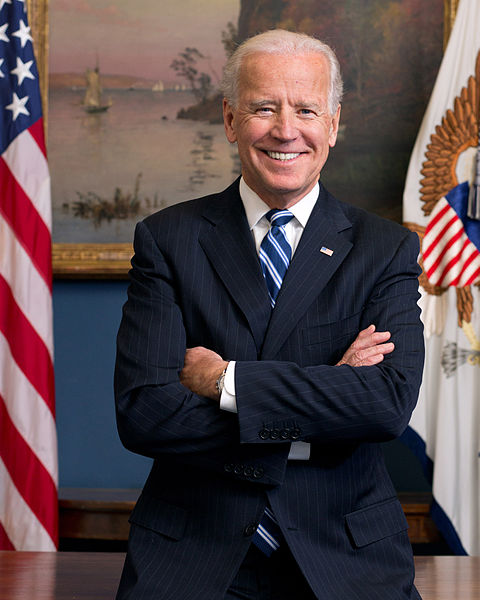
Former Vice President Joe Biden has been holding a steady lead for a majority of the debates. While he has had criticism over much of his public comments and positions, the needle has rarely moved against him. Vice President Biden enters tonight as the front-runner once more.
Since the October debate, the former vice president received an endorsement from former 2020 candidate Rep. Tim Ryan (D-OH), as well as 133 foreign policy officials. He recently proposed a $1.3 trillion infrastructure plan, pledging to invest in public works projects, encourage the use of trains and electric vehicles, and “revitalize” manufacturing, among other things. Per the campaign, “every cent” of this plan would be funded by “reversing the excesses of the Trump tax cuts for corporations; reducing incentives for tax havens, evasion, and outsourcing; ensuring corporations pay their fair share; closing other loopholes in our tax code that reward wealth, not work; and ending subsidies for fossil fuels.” On Veterans Day, Biden unveiled a new veteran policy and recently unveiled a new plan to strengthen labor unions. When questioned on the campaign trail, he recently stated he opposes legal marijuana, but vows to decriminalize until it is proven to not be a “gateway drug.”
Cory Booker (1.8%)
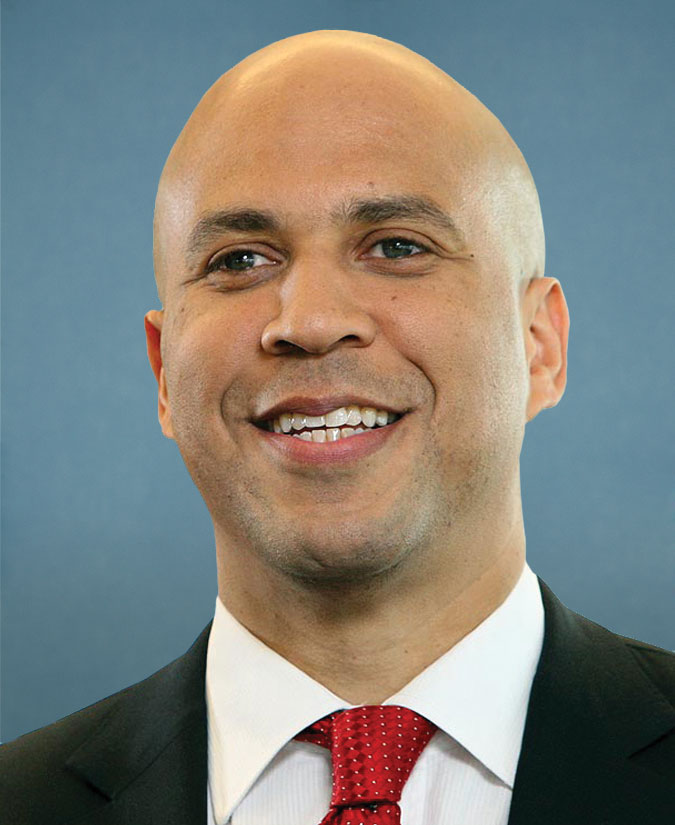
New Jersey Senator Cory Booker is still having some issues with the polling. Despite his perceived popularity, he has been overshadowed by candidates such as Pete Buttigieg and Andrew Yang for a majority of the debates. That being said, he has been making the rounds and taking interviews to maintain enough presence to make it to February.
Since the last debate, Senator Booker proposed a new federal agency to oversee drug pricing with fellow Senator and 2020 contender, Bernie Sanders (I-VT). This bill targets the exclusivity rights of non-compliant drug manufacturers, allowing companies to produce generic copies earlier. Per The Hill, “manufacturers planning to bring a new drug to the market would have to submit to the bureau the cost of research and development, the cost of the drug and of comparable medications in other countries and the federal investments that contributed to the drug’s discovery and production.” The former Newark mayor also introduced the Break the Cycle of Violence Act with Rep. Steven Horsford (D-NV) and the Study, Treat, Observe, and Prevent (STOP) Neglected Diseases of Poverty Act. He and fellow Senator and 2020 candidate Kamala Harris spoke at an NAACP Town Hall as well.
Pete Buttigieg (8.3%)
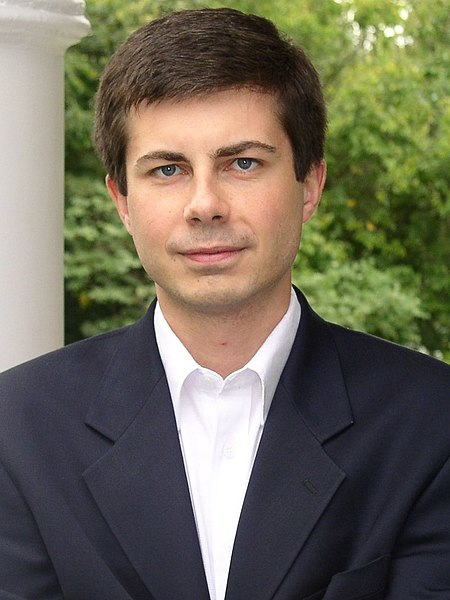
Stop me if you’ve heard this before: Mayor Pete Buttigieg of South Bend, Indiana is having a moment. He recently took a polling lead in Iowa, has been climbing in the national polls, and is seemingly making a pivot away from a more progressive agenda to more moderate politics — depending on who you ask.
Since October, the former veteran released a veteran and military personnel plan. Dubbed “Our Shared Duty”, the plan aims to improve the health care, family life, and transition for all active-duty military personnel and veterans. Mayor Buttigieg also unveiled a new $1 trillion plan for affordable housing, college, and childcare. He pledges to eliminate tuition at public colleges for families earning less than $100,000 and reduce costs for those earning up to $150,000, on top of investing $50 billion in HBCUs. He also advocates investing $70 billion per year in spending on childcare and education and $45 billion per year on affordable housing. Buttigieg recently released a plan on women’s issues, pledging to nominate women to half of his cabinet and judicial seats, create a Smithsonian Women’s History Museum, and establish a commission to increase the number of national monuments dedicated to women — all on top of 12 weeks paid family leave, combating the gender pay gap, and adding Harriet Tubman to the $20 bill.
Tulsi Gabbard (1.3%)
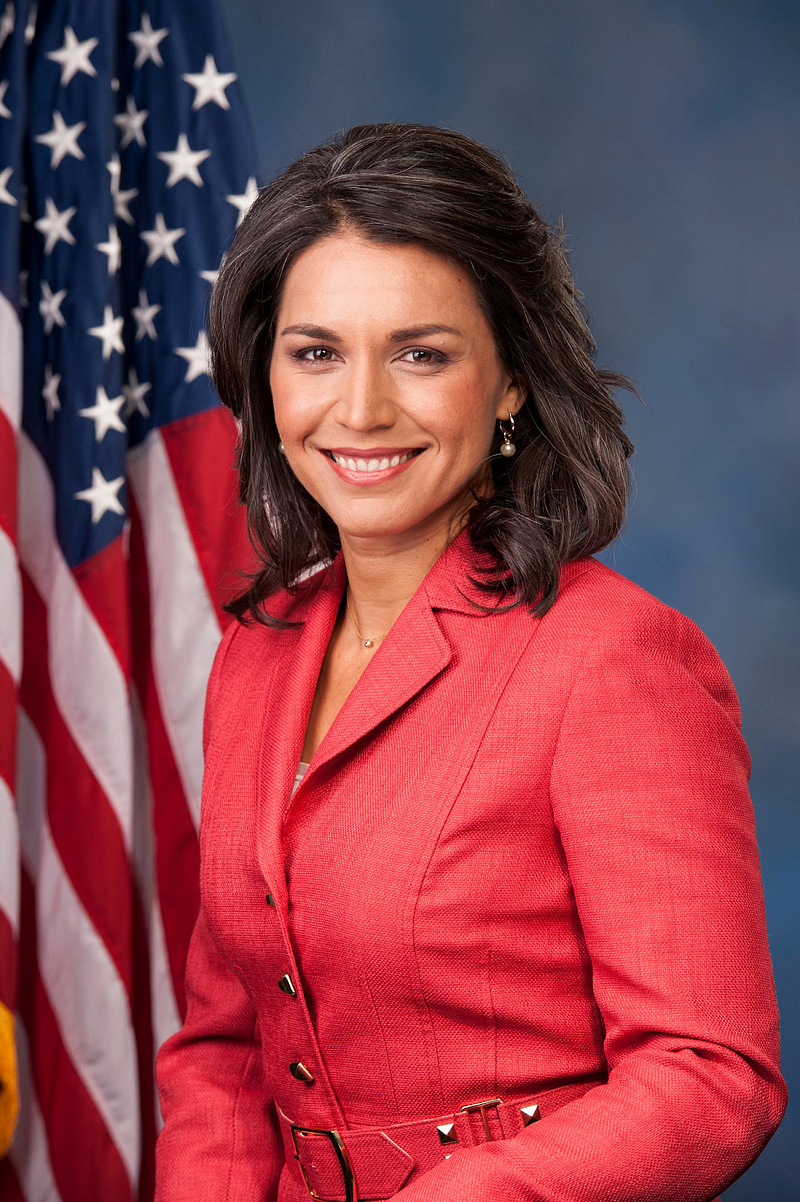
Hawaii Congresswoman Tulsi Gabbard is back once again with a vengeance. After missing the September debate, this is her second consecutive appearance. This may be due in part to her aforementioned public feud with Hillary Clinton, who apparently hinted at the congresswoman being a potential Russian asset. Afterward, Gabbard’s lawyers formally accused Clinton of defamation of character and sought an apology. This narrative later drove the congresswoman to address the hosts of The View and others regarding their suspicions of her campaign and their rhetoric surrounding her. After all, many pundits — myself included — suspected she may run through a third party if she leaves the Democratic race, a narrative she and DNC Chair Tom Perez both deny.
Since the last debate, Congresswoman Gabbard has mostly been fighting for her reputation. It seems to have worked, too, as she clinched a spot in tonight’s debate and may be on track for December as well. The Middle East veteran also unveiled three bills for veteran mental health care benefits. These bills — the REACH Mil Act, REVAMP Act, and TRICARE Payment and Reimbursement Study Act — focus on “pre-emptive care and support for service members at high risk of suicide”, improving the “health-related requirements of the Military Transition Assistance Program for military separation”, and determining “whether existing reimbursement rates and proposed discounts offered to mental health providers are limiting access to care, jeopardizing military readiness, and what new policies can improve care,” respectively. Never one to shy away from controversy, the Hawaii Representative demanded documents be released tying Saudi Arabia to 9/11 and that all aid be cut to the country.
Kamala Harris (4.8%)
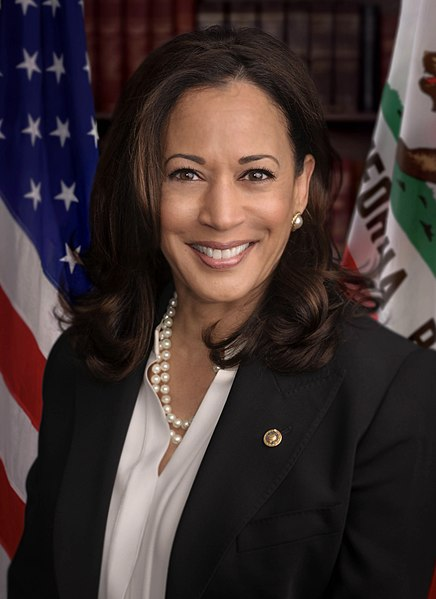
Senator Kamala Harris is still in free fall. She’s continued to slip in the polls and closed three out of her four New Hampshire campaign offices, firing her staff in the process. She seems to be banking on specific states and is cutting her losses early, but will that be enough? She’s probably lucky to have qualified for the December debate as it is.
Since the October debate, the California junior senator proposed a bill that aligns school and work days. Dubbed the “Family Friendly Schools Act,” the bill claims this would make it easier for parents to pick up and drop off their children at school, investing in resources to allow school activities to be held between the hours of 8 AM and 6 PM. Senator Harris also proposed a wildfire preparedness bill, proposing an annual $1 billion investment for infrastructure, $250,000 grants to municipalities for R&D, and improve the state’s power grid.
Amy Klobuchar (1.8%)
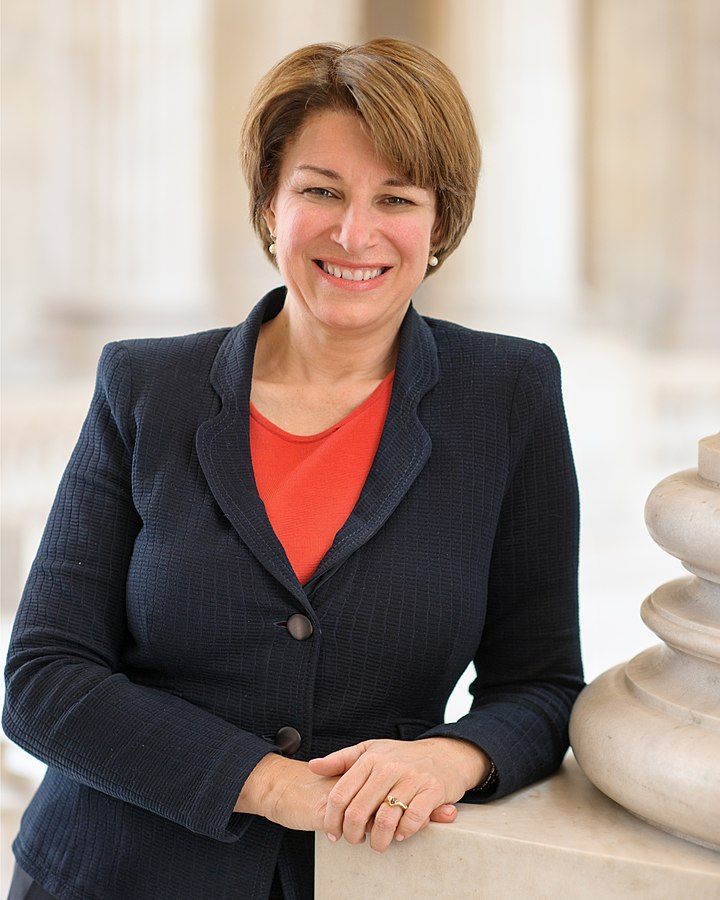
Minnesota Senator Amy Klobuchar is extremely resilient. Her polling has improved, as she has qualified for both tonight and December. Per Morning Consult, she is still one of the most popular senators in the country, ranked 7th for Q3 2019. This has likely been critical to her campaign, alongside her debate performances.
Since the last debate, Senator Klobuchar unveiled her higher education plan, pledging free community college and expansions to Pell Grants. The free community college would be funded through a federal-state partnership in which the federal government would match $3 for every dollar the states use to subsidize in-state tuition, conditional on at least half-time enrollment and “satisfactory academic progress.” Her plan would also double the maximum annual Pell Grant to $12,000 and expand eligibility to families making up to $100,000 a year. To fund this, the senator intends to “raise the capital gains and dividends rate for people in the top two income tax brackets, limit the amount of capital gain deferral allowable through like-kind exchanges and implement the Buffet Rule through a 30 percent minimum tax for people with incomes over $1 million.” Senator Klobuchar also introduced a cardiac rehab bill with Sen. Shelley Moore Capito (R-WV).
Bernie Sanders (18.8%)
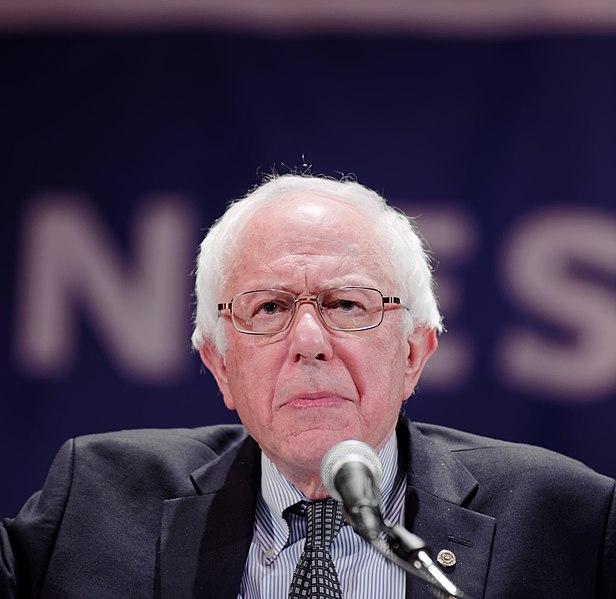
Speaking of resiliency, Senator Bernie Sanders remains a top-three candidate despite scaling back his campaign events after a heart attack last month. He’s spent the last month recovering his health and changing his diet as he slowly resumed his activities.
Since the last debate, Senator Sanders released his marijuana legalization plan, vowing to legalize marijuana in his first 100 days through a combination of executive and legislative actions. He even plans to expunge previous convictions for marijuana offenders. The Vermont senator also released a new immigration plan, detailing his intent to end ICE raids, stop the border wall construction, and end the family separation policy on top of placing a moratorium on deportations and for-profit detention centers.
Tom Steyer (1.0%)
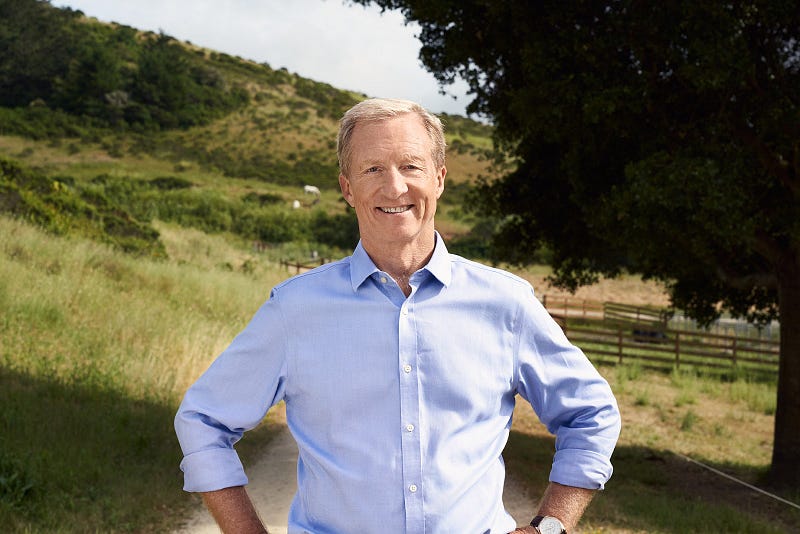
As the founder of Need to Impeach, billionaire entrepreneur and philanthropist Tom Steyer of New York may be the happiest man on earth with the House’s current impeachment hearings. It likely softens the blows of his back to back aide resignations regarding allegedly attempting to bribe people for endorsements and accusations of stealing voter data from Kamala Harris, respectively. Notwithstanding, he’s managed to qualify for this debate after debuting in the previous one.
Mr. Steyer has released two plans since the October debate. The first is a rural investment plan aimed at modernizing the energy grid ($112.5 billion), partnering with family farmers on climate change ($145 billion), improving mental health care ($175 billion), and expanding broadband internet ($247.5 billion), as well as establishing a White House Office of Rural Affairs and support for (and amending) Rep. James Clyburn (D-SC) and Senator Booker’s “10–20–30 Plan.” The second is a health care plan advocates for a public option and expanded funding for Obamacare, forcing medical providers to participate or risk losing Medicare or Medicaid contracts.
Elizabeth Warren (20.3%)
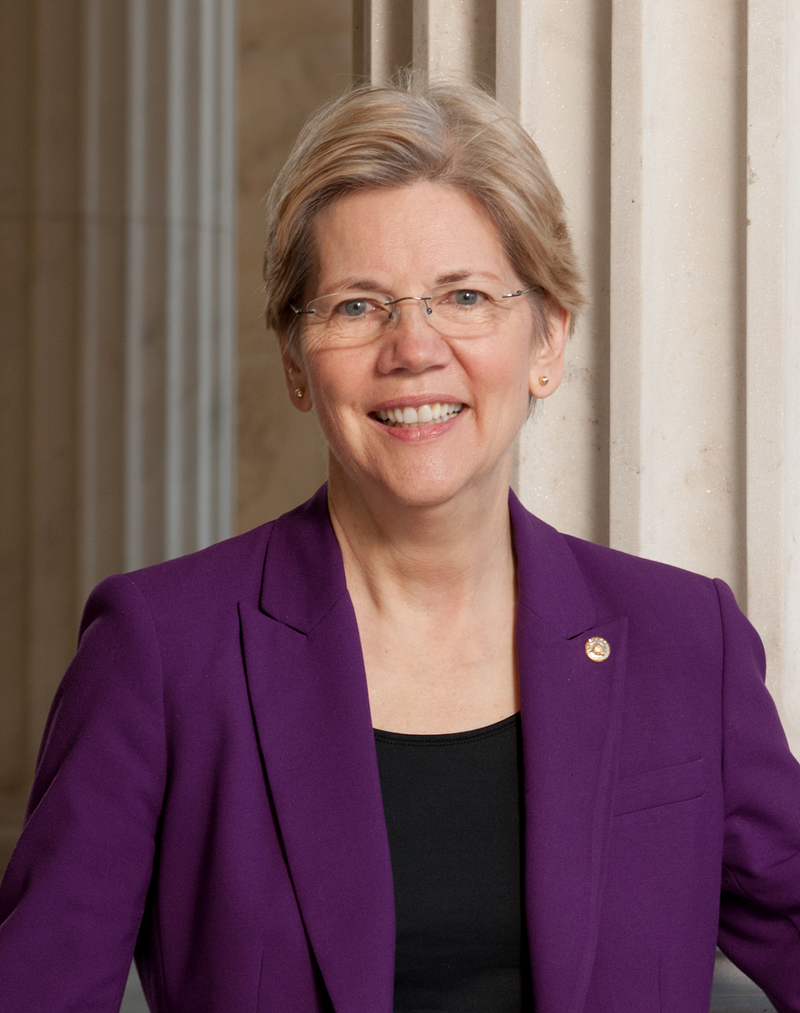
Senator Warren has been holding steady in her competition with Vice President Biden. While some polling has her tied with or ahead of the former Delaware senator, a majority have her in second place. That isn’t necessarily a bad thing. She is being taken seriously as a potential front-runner, something that likely makes her campaign proud.
Since October, the Massachusetts senator unveiled her highly anticipated “Medicare for All” plan after taking heavy criticism over the last two debates. The $20.5 trillion dollar plan would reportedly be funded by “replacing employer health spending with a new employer Medicare contribution”; “cracking down on tax evasion and fraud”; “targeted taxes on the financial sector, large corporations, and top 1%”; “immigration reform”; and “reining in defense spending.” This approach falls in line with her rhetoric of avoiding raising middle-class taxes by “one penny.” Senator Warren also released a new K-12 education plan and technically endorsed Andrew Yang’s “Freedom Dividend.”
Andrew Yang (3.0%)
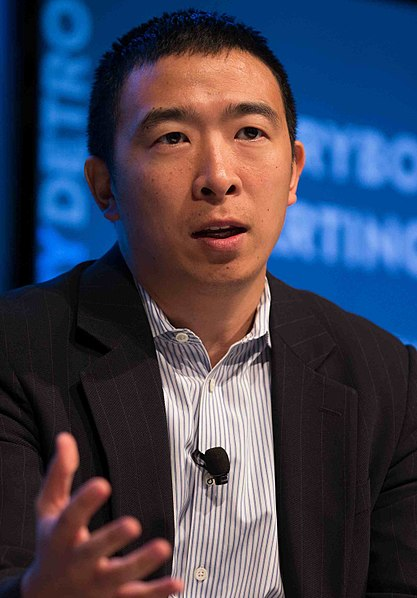
Let the record show that Andrew Yang outlasted Beto O’Rourke, has polled higher than Cory Booker, and contends with both Pete Buttigieg and Kamala Harris. Amidst the field of governors, legislators, and former cabinet officials, Yang has managed to hold his own and remain on stage each month. He is one poll shy of making the December stage as well.
Since the October debate, Mr. Yang has made two new proposals of note. The first is a new tech policy that includes a tax on digital advertising and an algorithm regulator. This policy also advocates that data ownership is a property right and that people should be able to profit off of the use of their data by tech companies. The entrepreneur’s second proposal was a Department of the Attention Economy, vowing to “work with tech companies and implement regulations that curb the negative effects of smartphones and social media.” In a CNN op-ed, Yang wrote, “We can start by curbing design features that maximize screen time, such as removing autoplay video and capping recommendations for videos, articles and posts for each user each day. Platforms can also use deep-learning algorithms to determine whether a user is a child, and then explore capping the user’s screen hours per day.”
How do you feel about the candidates? Be sure to watch tonight’s debate to see how they do! Tune in to washingtonpost.com, The Washington Post app, or MSNBC from 8 to 11 PM!
Want to keep up with PubSquare? Follow us on Twitter and Instagram!
Want to keep up with The RYM? Like us on Facebook, follow us on Twitter, follow us on Instagram, or join our mailing list below!



